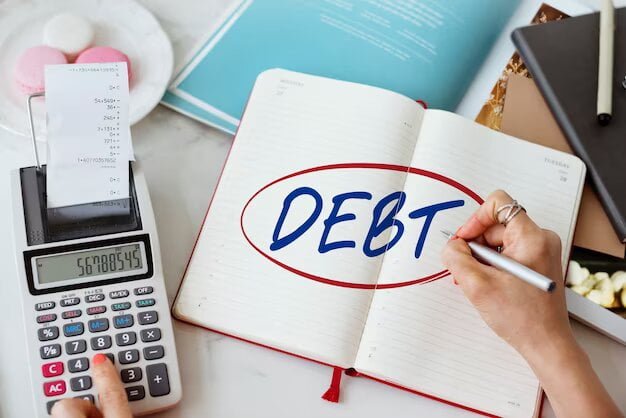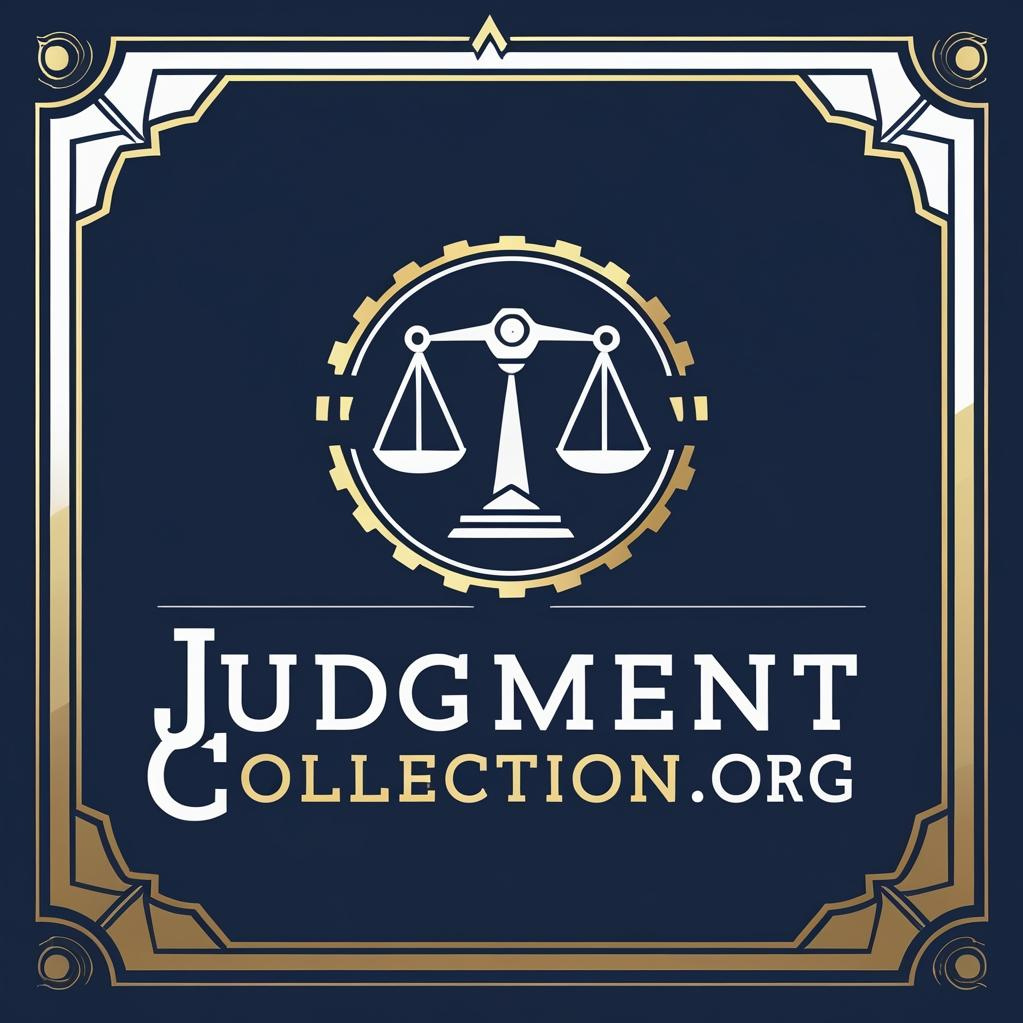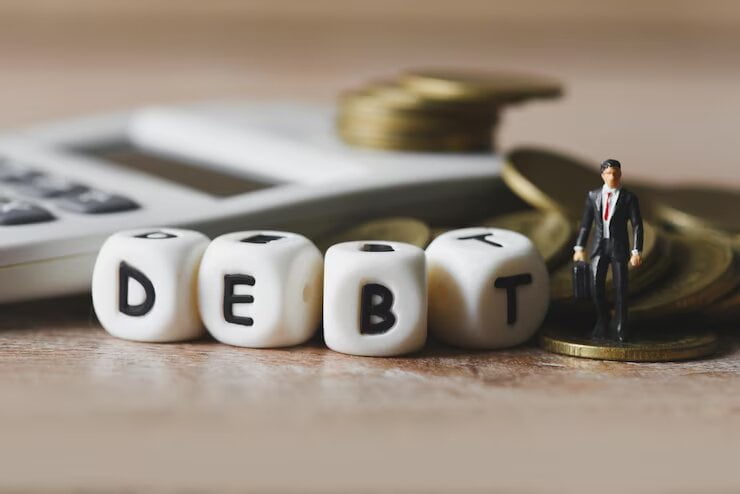A Comprehensive Guide to Debt Collection: From Initiation to Judgment
Introduction

In today’s complex financial landscape, debt collection is an integral part of maintaining a healthy economy. It ensures that creditors receive what is rightfully owed to them, allowing them to continue their operations effectively. This comprehensive guide will walk you through the process of debt collection, from the initial stages to judgment collection, with a focus on the essential steps and resources available, including the valuable services provided by judgmentcollection.org.
Understanding Debt Collection
What is Debt Collection?
Debt collection is a legal process wherein a creditor attempts to recover an outstanding debt from a debtor. This can occur through various stages, ranging from informal communication to formal legal proceedings.
Importance of Effective Debt Collection
Effective debt collection is crucial for businesses and individuals alike. It helps maintain cash flow, sustains healthy business relationships, and ensures that individuals fulfill their financial obligations.
Initial Debt Collection Steps
A. Pre-Collection Preparation
Before initiating debt collection, it’s important to:
- Verify the Debt: Ensure that the debt is valid and legally owed.
- Document Everything: Keep records of all communications, agreements, and documents related to the debt.
- Know the Laws: Familiarize yourself with local and federal debt collection laws to ensure compliance.
B. Early Communication With Debtors
- Polite Reminder Letters: Send a series of polite reminder letters, clearly stating the amount owed, due dates, and potential consequences of non-payment.
- Phone Calls: Make courteous phone calls to discuss the debt and establish a repayment plan.
Formal Debt Collection
A. Sending a Demand Letter
- Content of a Demand Letter: Clearly state the debt details, request payment, and specify a deadline for response.
- Professional Language: Ensure the tone is professional, firm, and non-threatening.
B. Negotiating a Settlement
- Understand the Debtor’s Situation: Listen to the debtor’s perspective and consider any valid reasons for non-payment.
- Offer Options: Propose a structured repayment plan or a reduced settlement amount if possible.
Legal Action And Judgment Collection
A. Filing a Lawsuit
- Legal Counsel: Consider consulting a lawyer or a collection agency for professional advice on filing a lawsuit.
- Court Procedures: Familiarize yourself with local court procedures, including necessary documentation and filing fees.
B. Obtaining a Judgment
- Court Hearing: Attend the court hearing with all relevant documents and evidence.
- Judgment in Your Favor: If the court rules in your favor, you obtain a legal judgment for the debt owed.
C. Enforcement of the Judgment
- Asset Investigation: Identify the debtor’s assets that can be liquidated to satisfy the debt.
- Executing the Judgment: Work with a professional enforcement agency to seize assets or garnish wages, as permitted by law.
Leveraging Judgmentcollection.org
Judgmentcollection.org is an invaluable resource for creditors in the debt collection process. This platform provides:
- Expert Guidance: Access to experienced professionals who specialize in judgment collection.
- Legal Support: Assistance in navigating the complexities of judgment enforcement.
- Resources and Tools: Valuable templates, guides, and calculators to streamline the process.
Conclusion
Mastering the debt collection process, from its initiation to judgment, requires careful planning, legal adherence, and persistence. By leveraging valuable resources like judgmentcollection.org and following the steps outlined in this guide, you can navigate this complex terrain with confidence, ensuring that you receive what you’re rightfully owed. Remember, effective debt collection not only benefits you but also plays a vital role in maintaining a healthy financial ecosystem for everyone involved.



